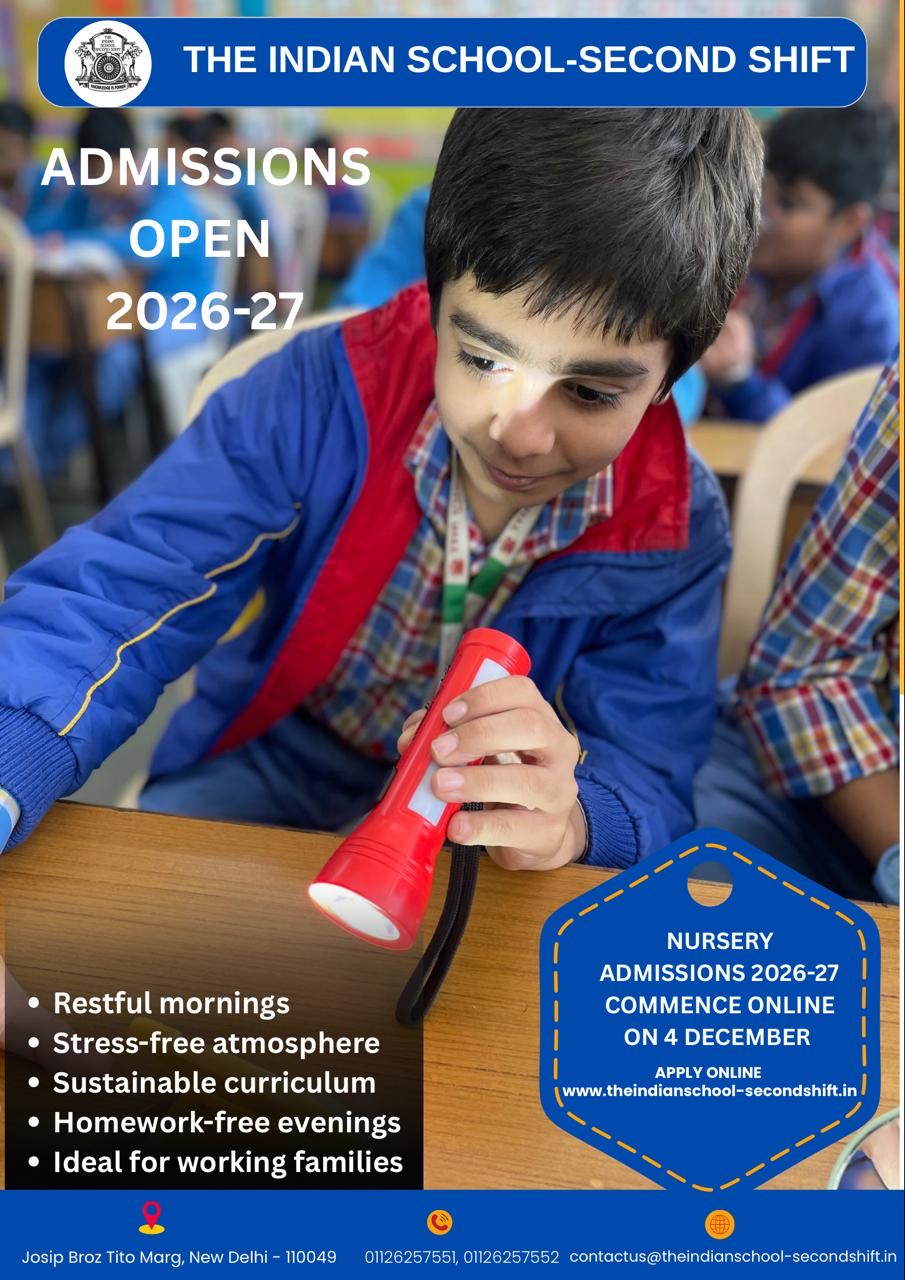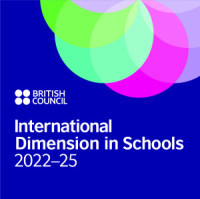Citizenship Activities in classes 1 to 8 in August'23
‘No one is born as a good citizen or a good democrat or a good leader; it takes time and education.’ Kofi Annan
The purpose of 'active citizenship' is to teach students to work together and take practical actions, using their knowledge and understanding to contribute to a better society.
Citizenship education has been an essential subject at our School and Indian School-Second Shift conducted various activities in August 2023, providing the students of classes 1 to 8 an opportunity to reflect on their School, their communities and society at large.
Raksha Bandhan literally means 'knot of protection’ where traditionally, a sister ties a rakhi on her brother’s wrist and prays for his well-being and long life. At our School the students of class 1 tied rakhis on each others’ wrists with great enthusiasm, irrespective of their gender, which inculcated in the young minds the notion of gender equality.
Sustainability offers us a chance to make healthier choices for our planet and conserve resources for our future generations. Moreover, we need to minimise the negative impact of our lifestyle on the planet. Class 2 students offered a small effort in this direction. They made eco-friendly plantable rakhis with seeds. They painted tissue paper in vibrant colours, wrapped the seeds in and attached them with string to make beautiful rakhis. Later on, these rakhis were used for planting in damp tissue to germinate the seeds.
The students of class 3 were briefed about traffic rules that ought to be followed in order to maintain safety on the roads. A video was shown to the students to reiterate the information. Students prepared flashcards of traffic signs and sang a song on road safety.
Fear is a part of life, and perhaps, the most important lesson is to overcome this fear and have the courage to carry on. Rabindranath Tagore wrote 'Where the Mind is Without Fear', and envisioned an India where the people are free and able to think progressively. Students of class 4 read the classic poem and learnt about the poet and his contribution in awakening the countrymen to enjoy a life of dignity and honour. The students also learnt why it is significant to maintain a nation free from all kinds of internal and external manipulation and corruption.
The students of class 5 learnt about the importance of sleep and 'the science of sleep' was explained in class, which helped them understand that good sleep is as essential for the body as good food and regular exercise. The students discussed their routines post dinner and were encouraged by the teachers to sleep early and adopt healthy habits before bedtime.
Who is a citizen of India and what are the duties of a citizen? How is citizenship defined? The answers to these questions were found out by the students of class 6 as they learnt that citizenship signifies the relationship between the individual and the state. Citizens are members of the Indian state and owe allegiance to it. They enjoy all civil and political rights. The citizens are permanent residents of their state. The students dived into the provisions of the constitution of India for her citizens, including fundamental rights and duties.
Students of class 7 were shown a video titled 'Nest Man from Delhi' to impart kindness and a caring attitude for others, which includes not only friends and family, but also birds and pets. The objective was to develop in students the feelings of care and concern for the well being of others, which would consequently make us happier individuals. In a creative writing activity, the children wrote letters to soldiers which developed feelings of respect and gratitude among them towards those who serve the nation.
Students of class 8 wrote thank-you notes to those special persons in their communities who did
something helpful for them or to a historical figure, with reference to non-fiction books or biographies that they have read. The students also narrated a real life experience in which they demonstrated an act of caring, and the results it produced. They also discussed do's and don’ts to promote caring behaviour.
Through these activities students were able to resonate and describe reason and logical thinking as a clear stream that can carry away the dead heaps of superstition and dead habits. Indeed, good rational thinking is what can clear our minds of all evils and prejudice, and eventually lead to the nation's progress.









